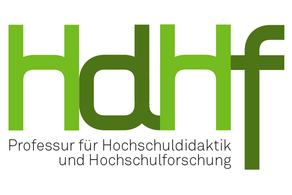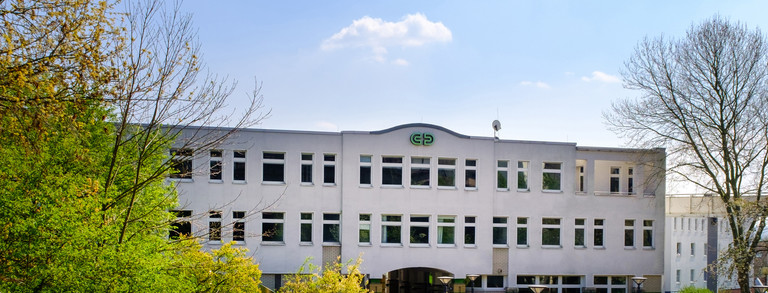Higher Education Governance in Post-Soviet Lithuania

Leišytė, L. (2002). Higher education governance in Post-Soviet Lithuania (Studies in comparative and international education; 10). Oslo: Universitetet i Oslo, Pedagogisk forskningsinstitutt.
ISBN 82-569-6106-6
ISSN 0800-6113
Abstract
This is a study of changes in the system of governance in higher education sector in Lithuania. The aim of the research has been to explore the major changes in the higher education governance System that took place in the Lithuanian context after 1990. This task has been carried out taking into account two policy instruments, funding and regulation. This is a qualitative study undertaken within the subjectivist paradigm in the auspices of the interpretive social science where the notion of discourse has been central. National higher education policies in Lithuania are investigated, as well as relevant documents from higher education institutions. A pilot study of 12 Interviews was carried out with the key politicians, bureaucrats and academics; all have been active participants in higher education policy formation process in Lithuania.
The research found that until 1990, the higher education sector was highly centralized. Therefore, the governance of higher education was characterized by detailed state control. As a result of changes in the external and internal environment, in particular “revolutionary” change from a Soviet-dominated to a democratic system of government and pressures of globalization and international influences, the Lithuanian state initiated significant higher education reform. Since 1990, the governance of higher education has shifted to a state supervision model with almost all higher education institutions enjoying much higher degree of autonomy. However, a tension between state governance model and state institutions has appeared. Though the policy discourse on higher education governance promotes a loose coordination model, paradoxically the move towards tighter control is traced in the use of policy instruments of funding and regulation. This finding suggests the need for further investigation of the local factors that have influenced the return towards more tight control in higher education governance.





